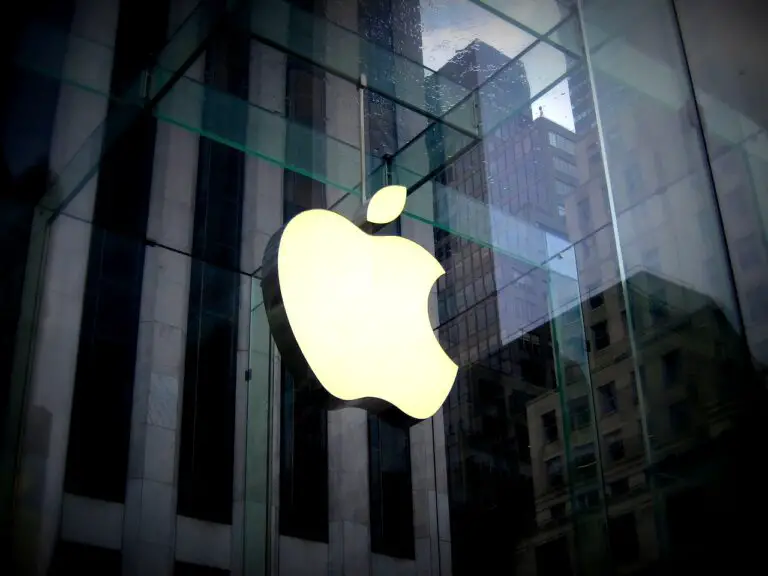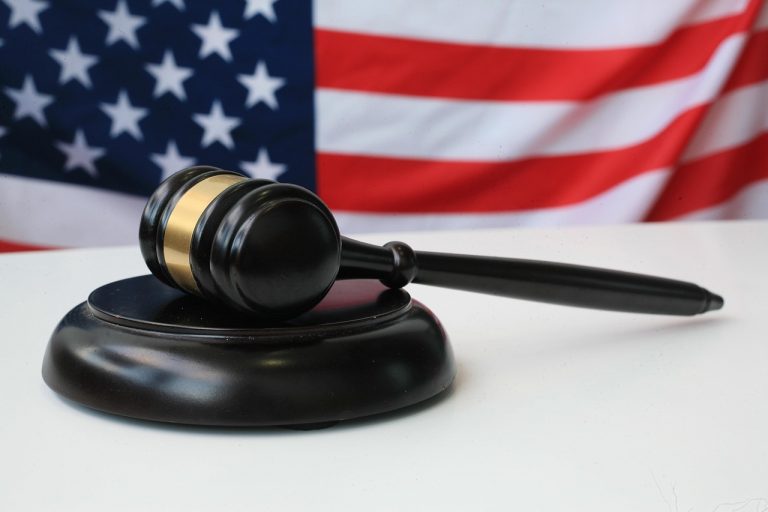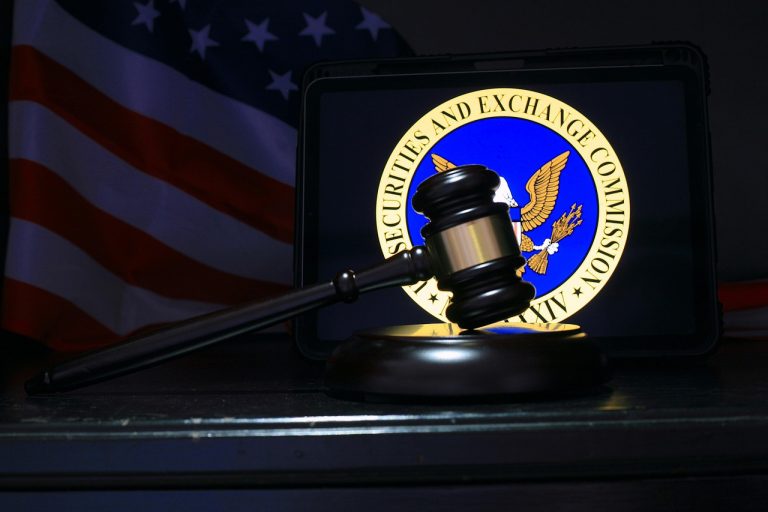
The United Kingdom government has formally demanded that Apple implement a backdoor, granting access to all user data stored on iCloud servers worldwide.
This request far exceeds standard legal procedures, as it does not pertain to a specific account but instead calls for a universal mechanism to decrypt all encrypted data. If Apple complies, the precedent could jeopardize the global tech industry’s efforts to uphold user privacy. In response, Apple is considering discontinuing its encrypted storage service in the UK, yet this would not resolve the broader demand for unrestricted global access.
The UK Home Office has issued the request in the form of a Technical Capability Notice (TCN)—a directive under the Investigatory Powers Act, which mandates that companies retain the technical ability to provide law enforcement with access to user data upon a court order. While the existence of TCNs is not classified, recipients are legally prohibited from disclosing details and face criminal liability for any breach of confidentiality.
In March, Apple warned the UK Parliament that such demands could endanger the security of users worldwide. The company’s statement emphasized that the UK should not unilaterally determine the level of security available to all users globally. Nevertheless, British authorities persist in their stance, justifying their position as a necessary measure to combat terrorism and crime.
U.S. Senator Ron Wyden strongly condemned the UK’s actions, stating that allowing a foreign government to access American citizens’ data would be “a catastrophe for privacy and national security.” Similarly, Signal President Meredith Whittaker warned that such a move would render the UK a “technological pariah” and set a dangerous precedent for global cybersecurity.
The experience of other nations demonstrates that backdoors often become vulnerabilities exploited by hackers and authoritarian regimes. For instance, if Apple concedes to the UK’s demands, China could make similar requests, placing the company in a dilemma: either dismantle its Advanced Data Protection service worldwide or comply with multiple governments simultaneously.
Google, whose cloud service for Android employs a comparable encryption model, has stated that the company cannot access users’ encrypted backups, even if compelled by authorities. Meta has also affirmed that it will not introduce backdoors into its encryption systems.
Apple has faced similar demands in the past. In 2016, U.S. authorities sought to compel the company to unlock an iPhone belonging to the San Bernardino terrorist, but Apple refused, citing the protection of user rights. Later, Apple proposed a client-side scanning system to detect illicit content on user devices, but abandoned the initiative amid backlash from cybersecurity experts.
The outcome of the standoff between the UK and Apple remains uncertain. However, it is already evident that Britain risks triggering a global wave of government demands for weakened encryption, a move that could fundamentally undermine data security protections for users worldwide.


